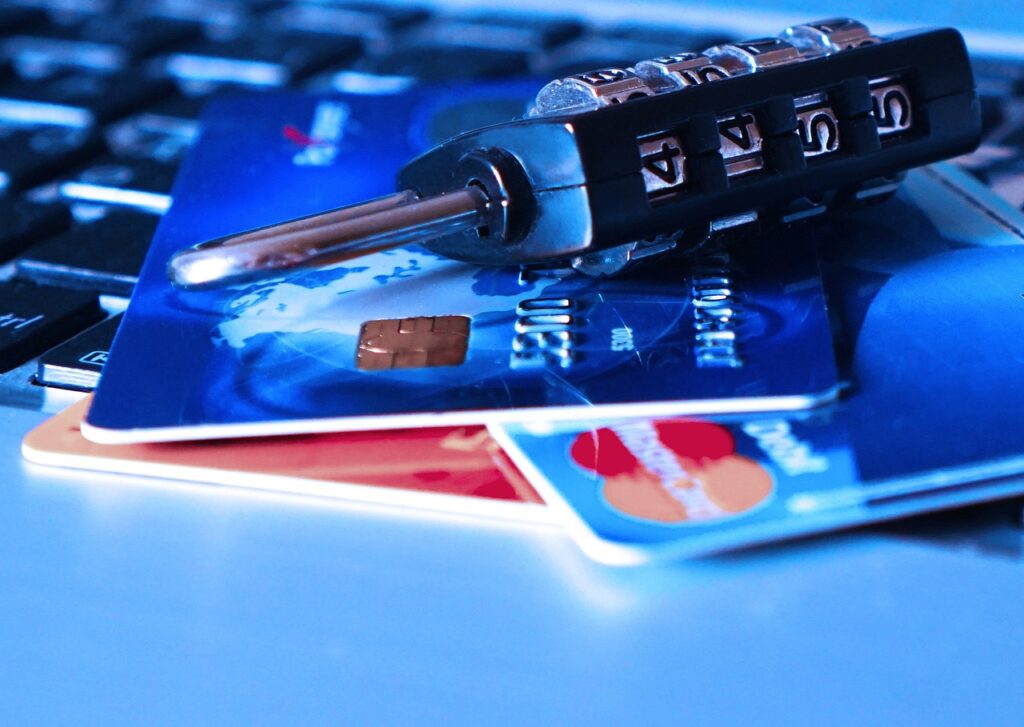Blockchain and Identity Management: Protecting Personal Information and Online Identity

In today’s digital age, personal information is a valuable commodity. From financial transactions to social media activity, we leave a wealth of data in our wake as we navigate the internet. However, as we’ve seen in recent years, this data can be vulnerable to breaches and theft. This is where blockchain technology comes in. By combining the power of blockchain with identity management, we can create a new level of security for personal information and online identities.
The fundamental principle behind blockchain technology is decentralization. Instead of relying on a central authority to manage and verify transactions, blockchain relies on a network of nodes that work together to validate transactions and keep a record of them on a public ledger. This same principle can be applied to identity management. By creating a decentralized identity system, we can give individuals more control over their personal information and reduce the risk of breaches and theft.
One concept that has emerged in this space is self-sovereign identity. This refers to a system where individuals are in control of their own digital identity, and can choose which pieces of information to share and with whom. This is in contrast to traditional systems where institutions hold and control our personal information. With self-sovereign identity, individuals have the power to protect their personal information and manage their online identities.
One of the key advantages of blockchain for identity management is that it enables a high level of security. Because transactions on a blockchain are recorded on a public ledger that is maintained by a network of nodes, it is extremely difficult for hackers to alter or tamper with the data. This makes blockchain-based identity systems much more resilient to breaches and attacks than traditional systems.
Another advantage of blockchain-based identity management is that it can facilitate identity verification without the need for a central authority. In a traditional system, an individual must go through a process of identity verification with a central institution, such as a government or bank. With blockchain, verification can be done through a network of nodes that work together to validate an individual’s identity. This can save time and resources, and also increase privacy by reducing the amount of personal information that needs to be shared.
Blockchain-based identity management is already being explored and implemented in a variety of industries. From finance to healthcare, there are many potential use cases for this technology. In the financial industry, blockchain-based identity systems can be used to improve KYC (know your customer) processes and reduce the risk of fraud. In healthcare, blockchain-based identity systems can be used to securely and privately manage electronic medical records.
There are also exciting potential applications for blockchain-based identity management in the field of internet of things. With the growing number of connected devices, there is a need for secure and efficient ways to manage identities for these devices. Blockchain-based identity systems can provide a solution by creating a secure and decentralized way to manage the identities of IoT devices.
With the increasing amount of personal information being shared online, the need for secure and reliable identity management systems has never been greater. Blockchain technology offers a solution to this problem by providing a secure and decentralized system for storing and verifying personal information. By leveraging blockchain, individuals can take control of their own personal information, and businesses can ensure the integrity and security of their customer’s data. As the use of blockchain continues to grow, it’s likely that it will play an increasingly important role in protecting personal information and online identity.